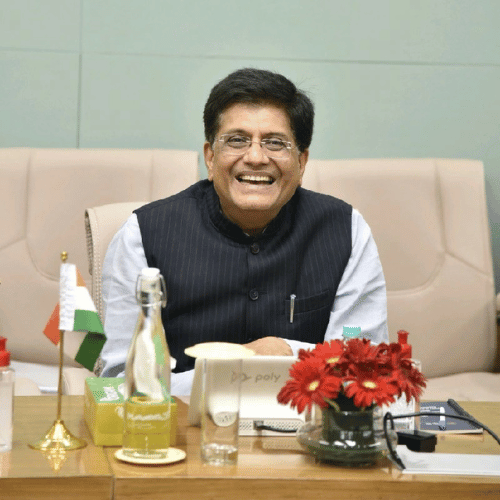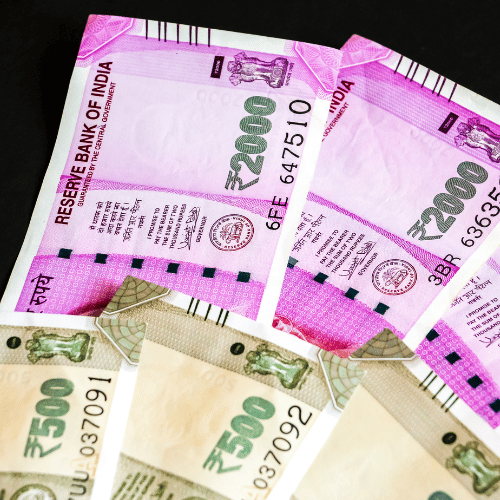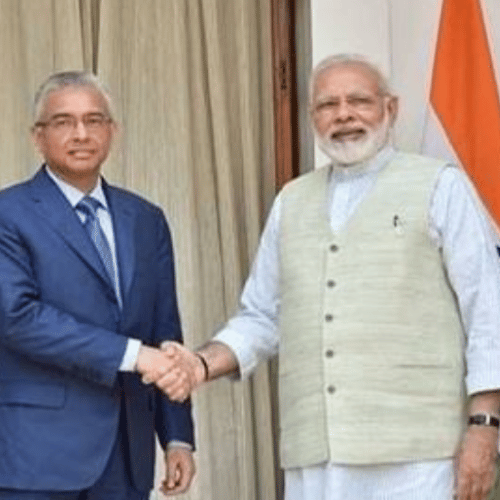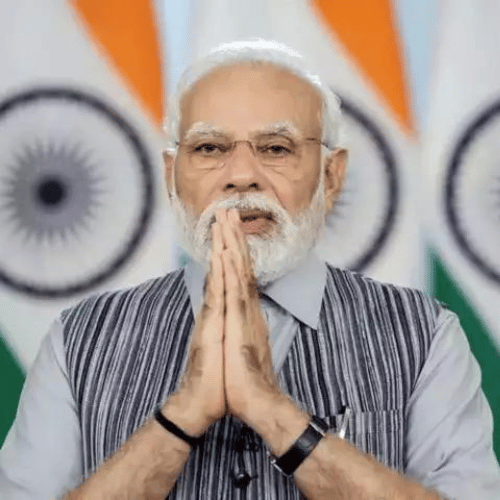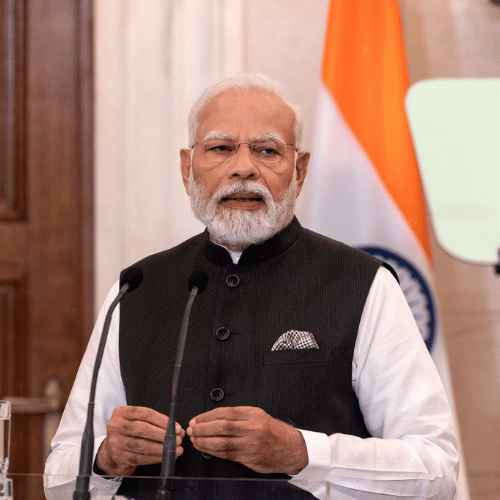On a five-day state visit, Maldivian President Mohamed Muizzu landed in this city on Monday. He will be meeting with Chinese counterpart Xi Jinping and signing multiple agreements aimed at strengthening bilateral relations. Prominent “pro-China” Muizzu is escorted by his spouse Sajidha Mohamed along with a delegation of high ranking.
Senior Chinese officials welcomed the President and the First Lady when they arrived.
However, Muizzu’s first trip to China has been ruined by a major diplomatic spat that began when some Maldivian officials made disparaging statements about Prime Minister Narendra Modi when he uploaded a video of himself on a spotless beach while on vacation in Lakshadweep.
The Maldivian ambassador to India was called to the ministry of external affairs on Monday, when he expressed grave concerns regarding some remarks.
Wang Wenbin, a spokesman for the Chinese Foreign Ministry, said that Muizzu is scheduled to meet with Chinese President Xi and sign a number of agreements to strengthen bilateral relations.
“We are currently witnessing a new historical beginning for the Maldives’ relations with China. We think that the two heads of state’s visit would offer strategic direction for the two countries’ relations to soar to new heights,” Wang told the press on January 5.
According to a news release from the Maldivian President’s Office, President Muizzu’s visit will involve official talks and the signing of important agreements to improve commerce, professional development, and socioeconomic cooperation between the Maldives and China.
According to the statement, the visit will open doors for cooperation between the two nations in various fields, including technology.
According to the statement, Muizzu will also meet with prominent Chinese business executives at the Invest Maldives Forum in Fuzhou, China, in southeast China, to discuss ways to improve the socio economic ties between the Maldives and China.
Given the close proximity of the Maldives to India and the depth of bilateral ties between the two countries, Muizzu’s predecessors visited India first in the recent past. China, on the other hand, strengthened its influence in the island nation by investing in significant infrastructure projects.
Remarkably, Muizzu, who took office in November, travelled to Turkey as his first foreign destination shortly after his election. He then went to the UAE, where on December 1 he met Prime Minister Modi on the sidelines of the United Nations Framework Convention on Climate Change (COP28) and talked about the development of their extensive bilateral ties.
Both leaders decided to form a core group to talk about the multifaceted relationships and strengthen bonds during the meeting.
Following Muizzu’s request for New Delhi to remove 77 Indian military personnel from the Maldives and his decision to examine over 100 bilateral agreements between the two nations, the meeting was held.
The government of Muizzu had earlier declared its intention to cancel an agreement with India on hydrographic surveys.
Hussain Mohamed Latheef, the newly appointed vice president of the Maldives, travelled to China in December for the first time and participated in the China-Indian Ocean Region Forum on Development Cooperation (CIORF), which was organised by China, in Kunming.
Notably, Latheef praised Chinese infrastructure projects but failed to bring up China’s Belt and Road Initiative (BRI), which is credited with building the majority of the Maldives’ infrastructure.
President Xi launched the bold Belt and Road Initiative (BRI) in 2013 with the goal of creating new land and maritime trade routes that would link China with the rest of the globe, enhancing regional integration, boosting commerce, and promoting economic growth.
According to observers, Muizzu’s foreign policy may still be changing because the Maldives’ internal political climate has significantly changed since his election in November of last year.
In the Indian Ocean Region (IOR), the Maldives is India’s principal maritime neighbour and plays a unique role in programs like SAGAR (Security and Growth for All in the Region) and the Modi government’s Neighbourhood First Policy.
The Maldives is strategically important due to its close proximity to India—it is just 300 nautical miles from the western coast of the mainland and only 70 nautical miles from the island of Minicoy in Lakshadweep—as well as its position at the intersection of commercial sea lanes that cross the Indian Ocean.









